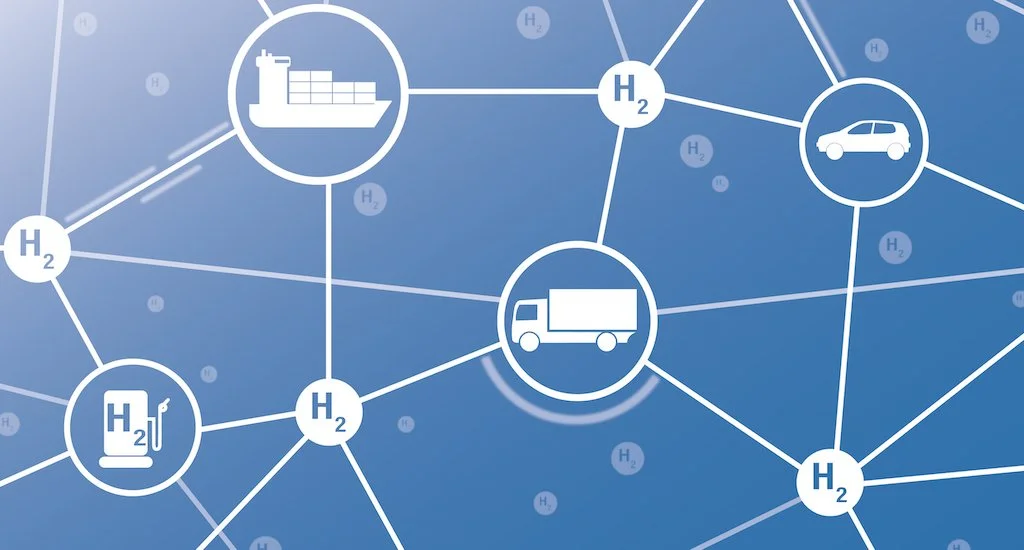UK slips down the International Hydrogen Progress Index
More certainty is needed on the UK’s future hydrogen plans if the country is to grasp the economic opportunity hydrogen represents, according to a new report published by industry bodies the Energy Networks Association and Hydrogen UK.
The concerns come as the latest Hydrogen Progress Index suggests the UK has fallen six places in two years, from second to eighth position internationally, in an assessment of how ready major economies are to effectively use hydrogen to help decarbonise their energy systems.
This new research has triggered industry calls for more certainty from government, providing recommendations of how to regain the momentum lost. According to the index, in 2021, guided by a hydrogen strategy from government that set out commitments, proposals for funding arrangements and timelines, the UK was second only to South Korea in making progress towards using hydrogen to achieve our net zero goals.
Since then, progress has slowed. Missed opportunities to pass necessary legislation and political uncertainty around the policies and funding arrangements to support the UK’s hydrogen roll-out means that in that time no major projects have progressed to the final investment decision stage used to determine if projects are to go ahead.
And although some progress has been made, the USA, Germany, Japan, Canada, the Netherlands and France, have all leap-frogged the UK, at a time when competition to attract international investment in energy infrastructure has dramatically increased.
Recently the United States issued a Notice of Intent to invest up to $1 billion in an initiative to support Regional Clean Hydrogen Hubs and introduced a subsidy of up to $3 per kg of clean hydrogen depending on production conditions. In Europe, Germany is now set to deliver €7bn in government investments earmarked for developing green hydrogen.
To regain the momentum, ENA’s gas members and Hydrogen UK have set out four recommendations for industry and government to deliver growth:
Move faster and be more flexible with production support.
Identify and support strategic infrastructure investment now.
Give clarity on the minimum roles for hydrogen in industry, power, transport and heat, with support measures to make high-carbon expensive and low-carbon low cost.
Maximise the significant economic opportunity on offer by stimulating domestic supply chains.
Clare Jackson, CEO of Hydrogen UK, highlights an example of how the UK has slipped down the rankings: “Policy delays and lack of clarity from government has slowed the progression of low-carbon hydrogen projects. We are still waiting for the Energy Bill to be passed, which was introduced to Parliament over a year ago. The UK has the capability and innovation to be a global hydrogen leader, and we urge government to prioritise our recommendations to achieve this.”
Silvia Simon, Head of Hydrogen, Energy Networks Association, which represents the UK’s energy network operators, said, “The UK was streets ahead of the global competition in 2021 in the race to use hydrogen to help build a decarbonised energy system, but UK industry has been forced to watch other countries catch up and risk leaving us behind. The hydrogen industry wants to continue to work closely with government to jointly deliver a long-term vision for a decarbonised UK. By working together we can regain pole position.”

